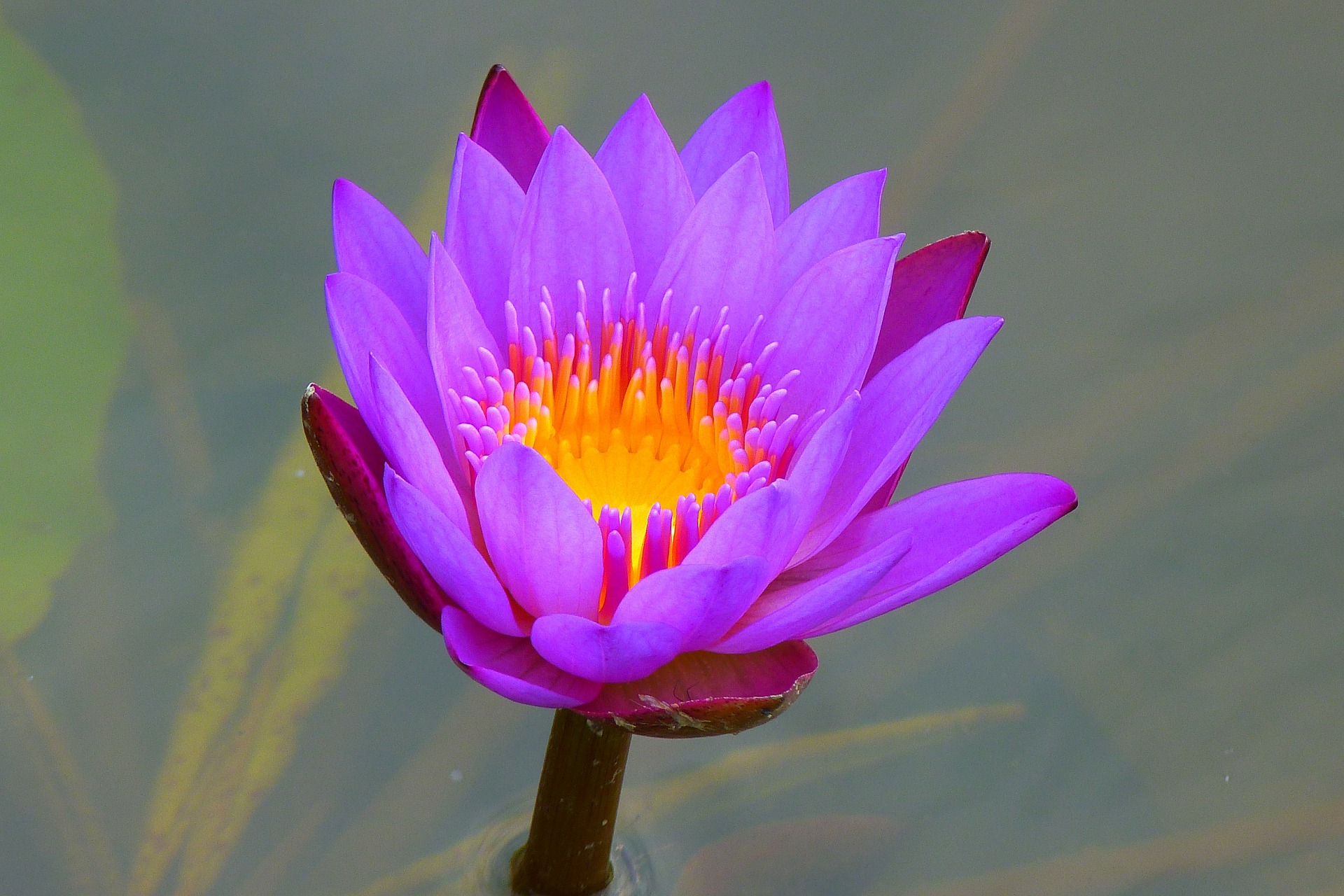Mindfulness is a hot topic lately. But what is it? According to Kripalu, as explained in this article, mindfulness means, “self observation without judgment” and is a general term referring to various types of meditation (Kripalu, 2013). Look for a future post in which I discuss mindfulness and its benefits in more detail. In the meantime, this blog post from Psychology Today, which I am using with permission of the author, Michael J. Formica, M.S., M.A., Ed.M., provides some basics of mindfulness.
If you’ve been following my blog you know that I am writing as series on integrative mental health, which is the practice of incorporating holistic and alternative methods as a complement to traditional talk therapy techniques. My first post introduced the series and described the subject of integrative mental health.
I reached out to colleagues across the U.S. and around the world to ask how they use mindfulness methods with clients. Read on for their comments!
Using mindfulness with children and families:
Renee Bond, LPCC Sacramento, CA I love using mindfulness with kids and their families. We meditate together, create art, do yoga, guided imagery, and work with affirmations.
Debbi Carberry, BSW AMHSW MAASW (acc) – Brisbane, Queensland, Australia When working with small children on mindfulness I use bubbles. First we use breathing techniques to blow the bubbles - then I get the kids to choose one bubble and watch it slowly move toward the floor - I also get them to lay down and I blow bubbles - then wait for them to get close and they very gently blow them back in the air.
Jessica Fowler, LCSW – Rochester, NY I use mindfulness with my kids. I have them practice deep breathing almost daily (we use our hands on our bellies). When they are upset or having a tantrum I work with them to use their deep breathing to calm down. It works great when we practice.
Mercedes Samudio, LCSW – Los Angeles, CA I do a lot of work with families, and as feelings get intense I stop the family, ask them to take a few deep breaths to release the tension, and then I restate what was said so that we can continue. It helps everyone calm down in the room and allows us not to float off away from the session.
Elly Taylor, AARC - Sydney, Australia I tell mums who are at home with young children to take a moment, go outside, turn their face to the sun, listen to the birds/wind, feel the grass and do some slow, deep breathing.
Mindfulness techniques helping with anxiety:
Susan Anderson, LCSW – Estes Park, CO I use Mindfulness in conjunction with Animal-Assisted Therapy techniques. For example, with kids who have anxiety, I teach them mindfulness skills as they are holding my therapy bunny. I ask them to notice the softness of her fur, to notice the smallness of her front paws, the way she smells, etc. I will also ask them to notice their breathing while they do this and at some point I will ask them to match their breathing with their petting of her.
Laura Hollywood, BSc, Dip Couns. - London, UK I use mindfulness with my clients with anxiety, to connect them to the present by breathing exercises and relaxation techniques such as progressive muscle relaxation.
Robyn D’Angelo, LMFT - Irvine, CA For me personally, I am an anxious soul, yet when I get outdoors, there's a shift. Mindfulness for me, is noticing my anxieties, allowing the presence of trees (that are deep-rooted and grounded) to help me to do the same - feel deep-rooted and grounded, in the present moment. What a treat to allow myself to be grounded in mindfulness in the presence of such massive, natural, swaying, growing yet firmly planted objects. Mindfulness is joy.
Mindfulness with Adults
Colleen King, LMFT – Sacramento, CA Doing any sensory exercise using mindfulness can reveal a lot of emotions that are grist for the mill, as the saying goes. It activates our sensory functions by slowing ourselves down so that we notice our thoughts and feelings, and subsequent responses.
Nicole Sartini-Cprek, LPCC Louisville, KY I provide almost all my clients with a recording of a 10 minute guided meditation to get started with at home if they are interested. I explain that being able to sit through their thoughts and feelings is challenging, but with time, meditation can create a deeper self-awareness and an ability to tolerate uncomfortableness that can help empower them.
Amy Tatsumi, MA, LPC, ATR-BC Washington, DC I integrate mindfulness techniques and the overall paradigm into all of my sessions from having clients feel and breathe their art work or sand trays into their bodies to using Pema Chodron's work around pain and suffering. Working somatically is a game changer for the majority of my clients.
Jamie Stacks, LPC, LADAC – Hot Springs, AR Mindfulness in therapy is creating a sacred container in which to feel, hear and see that which is, be aware of what is and being present with it all using self-compassion and non-judgment of the experience.
Amy Sugeno, LCSW – Marble Falls, TX One of my specialties is outdoor therapy. I will sometimes ask clients to notice what is around them and just try and be present with what they notice. Later, people often talk about how quiet it is, how the wind feels on their face, or they'll notice something interesting around them, like a flower or insect. The outdoors has a way of organically encouraging mindfulness.
Brenda Bomgardner, MA, LPC, NCC, BCC Lakewood, CO I ask [clients] to notice where they feel that (feeling), what size is it, what shape is it, color, weight, sound. The technique is called physicalizing a feeling. It is mindfulness and exposure work wrapped up in one. Then as homework, if they are willing, I ask them to write about it.
Bryan Nixon, MA, LPC Grand Rapids, MI More than a technique to use, I view mindfulness as a quality of presence that I am able to offer to my clients and relationally invite them into as well. It is a slower space where deeper reflection is possible by helping clients become curious about their experience in the here and now. This, in turn, creates space for self-limiting unconscious core beliefs to rise into awareness, be examined and challenged if need be.
Sources:
Formica, M.J. (2011, June 14). 5 Steps for being present. Retrieved from: https://www.psychologytoday.com/blog/enlightened-living/201106/5-steps-being-present
Wilson, A. (2013, April 29). Your brain on mindfulness meditation. Retrieved from: http://kripalu.org/blog/thrive/2013/04/29/your-brain-on-mindfulness-meditation/





